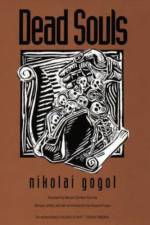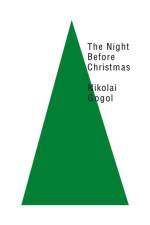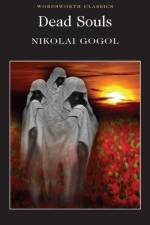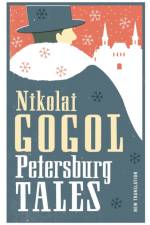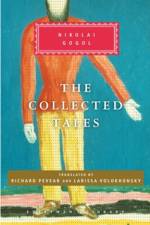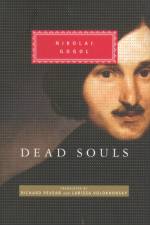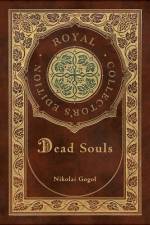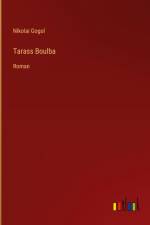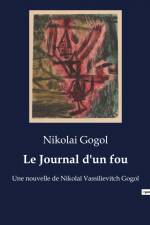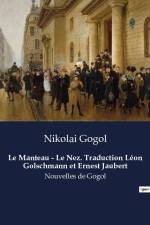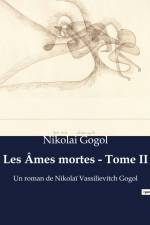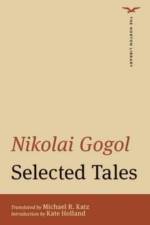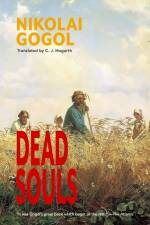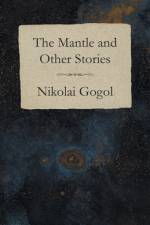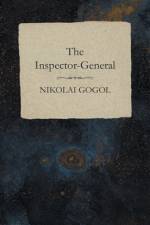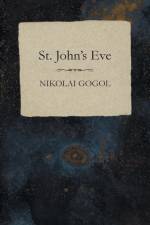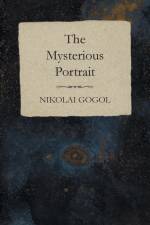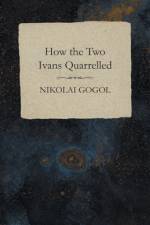av Nikolai Gogol
265,-
In einer Ministerialabteilung also diente ein Beamter, irgendeiner. Man kann nicht gut sagen, er hätte herausgeragt aus der Schar der anderen, denn er war klein, pockennarbig, rothaarig, kurzsichtig, hatte eine Glatze und kleine verrunzelte Bäckchen, und aus seiner Gesichtsfarbe konnte man auf Hämorrhoiden schließen. Doch dagegen ist nichts zu machen. Schuld trägt das Petersburger Klima. Um seinen Rang nicht zu vergessen, da man bei uns vor allem den Rang angeben muß er war das, was man einen ewigen Titularrat nennt, über welchen sich bekanntlich hier schon verschiedene Schriftsteller lustig gemacht haben; diese können nun einmal nicht von der Gewohnheit lassen, gerade auf solche Leute loszugehen, die sich nicht wehren können. Er hieß Baschmatschkin, und sein Vorname lautete Akaki Akakiewitsch. Es ist wohl möglich, daß letzterer dem Leser merkwürdig und ein wenig gesucht erscheine, doch ich kann ihm versichern, daß nach diesem Namen in Wirklichkeit nicht gesucht worden war, daß vielmehr Umstände eingetreten waren, die jeden anderen ausschlossen, und das hatte sich so zugetragen. Akaki Akakiewitsch wurde, wenn ich mich recht erinnere, in der Nacht des 23. März geboren. Seine selige Mutter, eine Beamtenfrau und ein überaus braves Weib, machte, wie sich das gehört, sofort Anstalten, daß das Kind getauft werde. Sie lag noch im Bett, und rechts von ihr stand der Pate Iwan Iwanowitsch Jeroschkin, Abteilungschef im Senat und ein ganz ausgezeichneter Mann, und die Patin Arina Semenowa Bjelobruschowa, die Gattin eines Polizeileutnants und zudem mit seltenen Tugenden begabt. Pate und Patin ließen der Wöchnerin die Wahl zuerst unter folgenden drei Namen: Mokia, Sossia und Chosdadat, der Märtyrer, doch sie wollte nicht: »Nein, das sind alles so Namen.« Um sie zufriedenzustellen, wurde der Kalender an einer anderen Stelle aufgeschlagen, und da kamen die Namen: Trefilius, Dula und Barachassius heraus. »Das ist ja wie eine Strafe Gottes!« rief jetzt die Mutter. »Was für schreckliche Namen! Nie noch habe ich diese Namen gehört! Wenn wenigstens Barabas oder Baruch dastünde aber Trefilius und Barachassius! Ach! Ach!« Noch einmal drehten der Pate und die Patin die Seite um: da standen aber Pafsikachius und Bachtissius. »Ich sehe schon,« schrie jetzt die Alte, »das ist sein Los. Und weil es nicht anders sein kann, so soll er wie sein Vater heißen. Dieser hieß Akaki und darum soll auch sein Sohn so heißen!« So kam es also zu Akaki Akakiewitsch. Die Taufe wurde nun vollzogen, und dabei weinte das Knäblein und verzog das Gesicht so, als hätte es vorausgefühlt, daß es einmal Titularrat sein würde. Ich habe das alles ausgeführt, damit der Leser selber sehe, daß es gar nicht anders sein konnte und ein anderer Name unter diesen Umständen rein unmöglich und gänzlich ausgeschlossen gewesen wäre.

